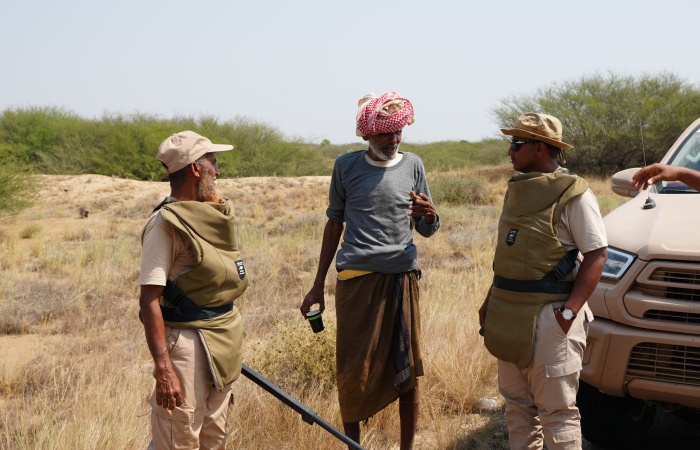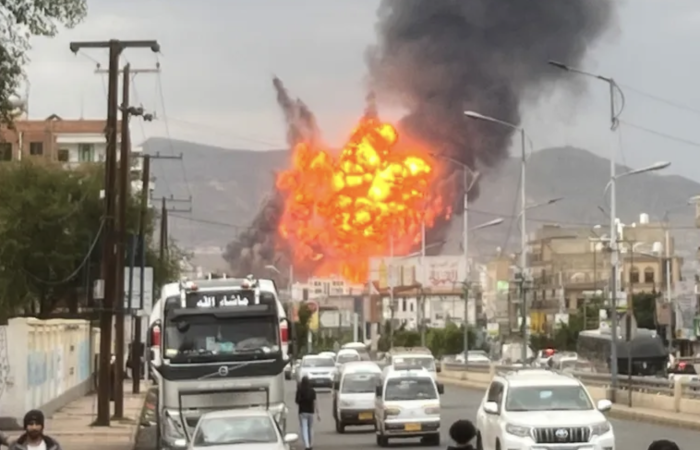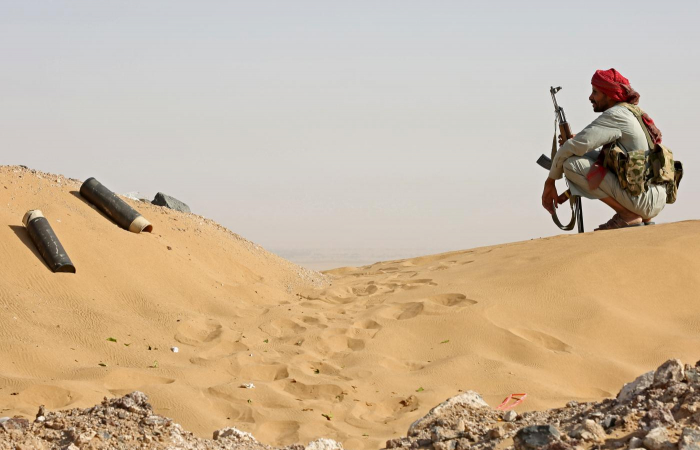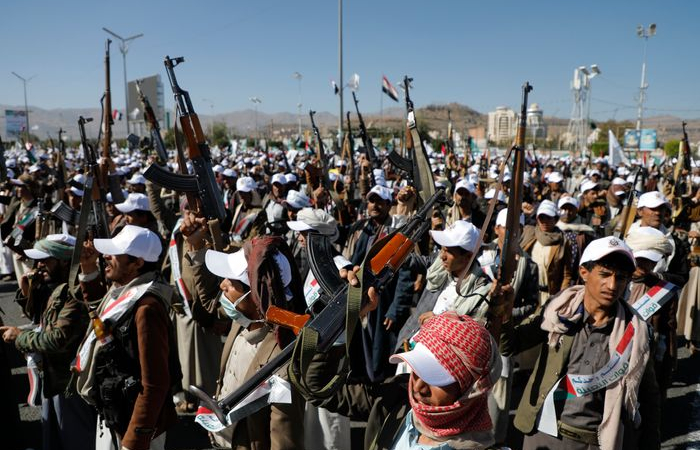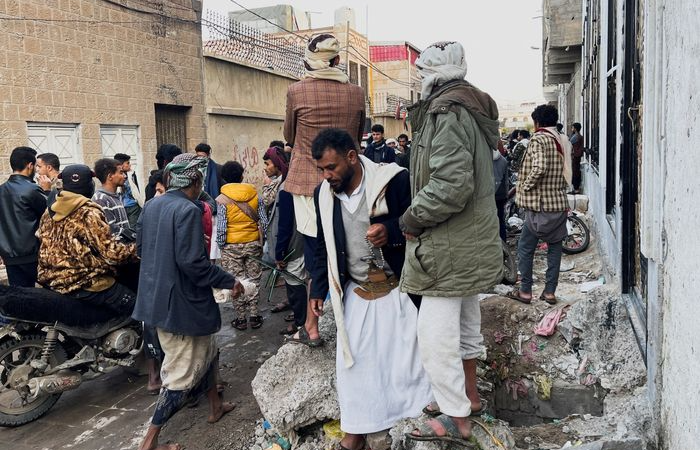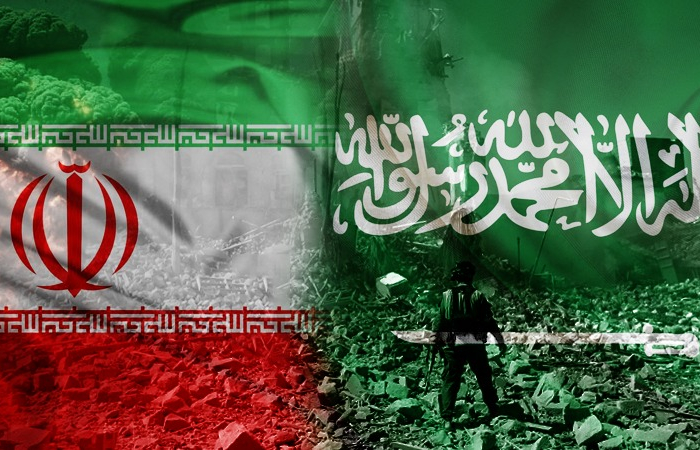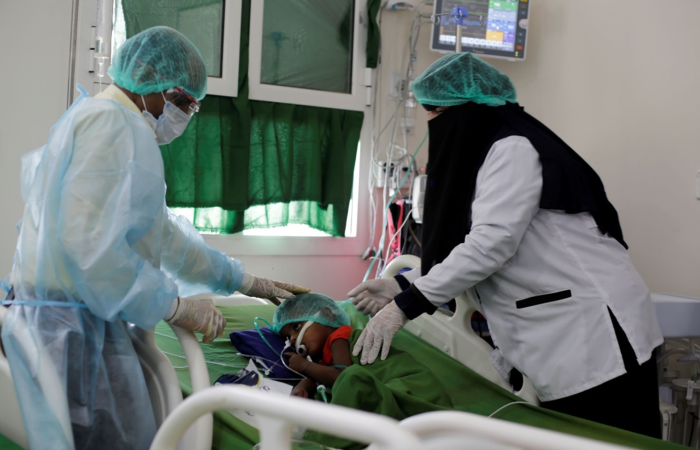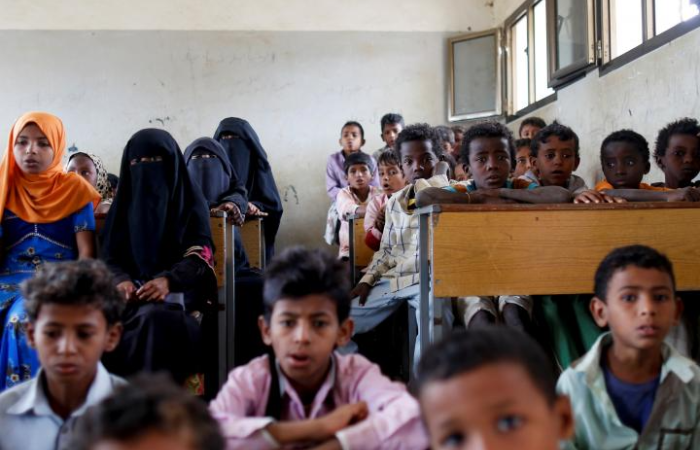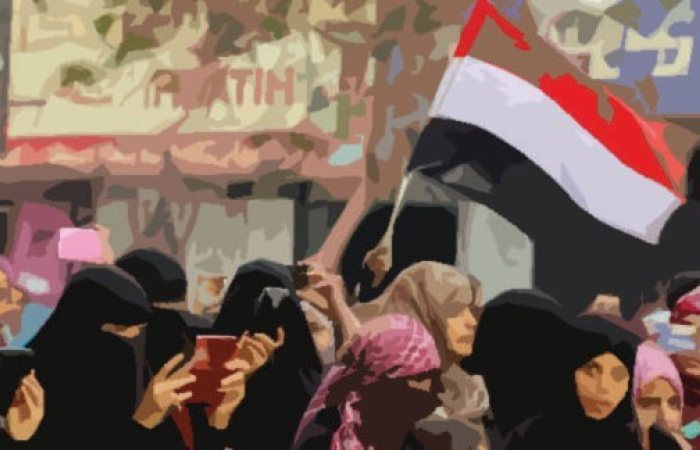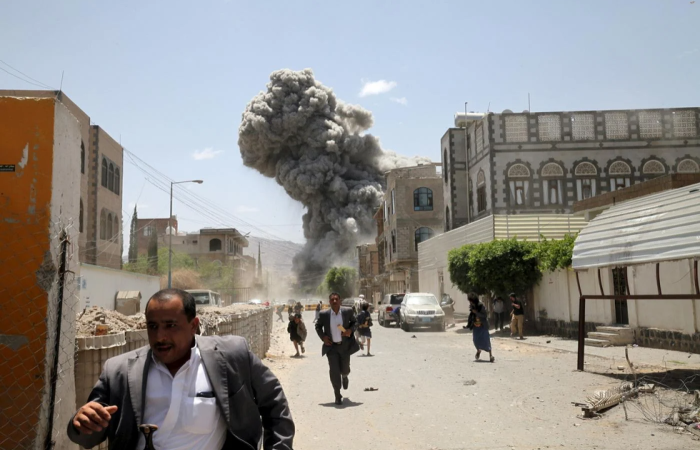Editor's choice
This is a members’ functionality. Please
Sign upNews
Trending
Yemen's legitimate government welcomes the designation of the Houthis as terrorists
22 January 2024
Yemen’s internationally recognized Presidential Leadership Council asked the world on Sunday to follow the US lead in labeling the Iran-backed Houthis as terrorists and impose stiffer penalties on the militia for jeopardizing international marine trade and perpetrating crimes in Yemen.
At a meeting in Riyadh, the council praised Washington’s decision to designate the Houthis as international terrorists, encouraged the rest of the world to follow suit, and praised the international community’s joint response to the Houthi Red Sea raids.
The council said in a statement it “welcomed the decision to designate the Houthi militias as a global terrorist organization and looks forward to additional sanctions against the rogue militias.”
It reiterated a request to the international community to strengthen the military capabilities of Yemen’s coast guard and offer protection from the Houthis and other terrorist groups, according to the statement carried by the official news agency.
The council warned that Houthi attacks in the Red Sea would result in the militarization of the crucial maritime route, raising shipping and insurance prices, and impeding the flow of critical supplies to the nation.
Humanitarian groups have long resisted the labeling of Houthi terrorists, fearing it would disrupt the flow of aid through militia-controlled ports, which receive over 70 percent of essential supplies. There is also concern that designating the Houthis as a terrorist group will complicate the process of trying to find a peaceful solution to Yemen's on-going civil war. The Houthis currently occupy large parts of northern Yemen, as well as the capital Sanaa and seem to be deeply entrenched there. The UN is involved in a long-running process to negotiate peace, but so far there has been little progress.



